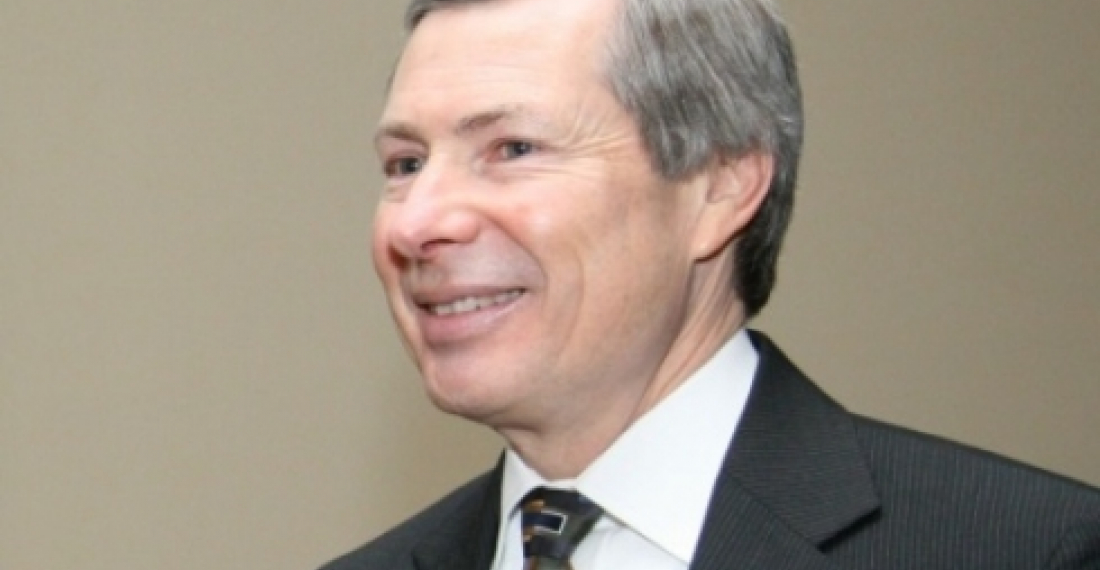The American co-Chair of the OSCE Minsk Process, the mechanism mandated by the international community to deal with the conflict over Nagorno-Karabakh, has given an interview to the Voice of America (VOA) on his return from what he described as his orientation visit to the region.
Warlick said that he visited Armenia and Azerbaijan where he met the two Presidents, and was also in Nagorno Karabakh and visited the line of contact separating the conflicting parties. Warlick described the situation on the line of contact as tense, and said that everything possible needs to be done to prevent active hostilities from breaking out.
Ambassador Warlick told VOA that all the sides were committed to working to find a peaceful solution to the conflict. He said that the sides however must also work to prepare their own populations for such an eventuality. "We should all be concerned by rhetoric that could lead to greater conflict", he said.
Warlick said that the time has come for a settlement, and that the three co-Chair of the Minsk Group, representing France, Russia and the US will be meeting in New York over the next days. They will also be meeting the Foreign Ministers of Armenia and Azerbaijan for what Warlick discribed as an "honest discussion with them about where we are going to take the process". He did not specify if the co-Chair will be meeting the two Foreign Ministers together or separetly.
In the interview Warlick said that it was necessary to educate people in the region on the benefits of peace, and there needs to be the political will from the sides to move forward. He said that the time has come to solve the Karabakh problem, and that this will open a new era of prosperity for the Caucasus Region.
source: commonspace.eu with Voice of America.
Photo: US Co-Chair of the OSCE Minsk Process Ambassador James Warlick.







